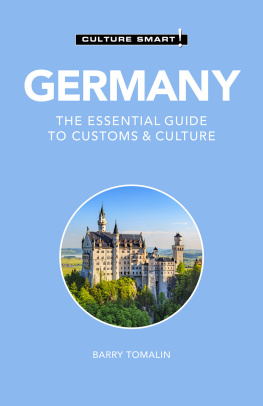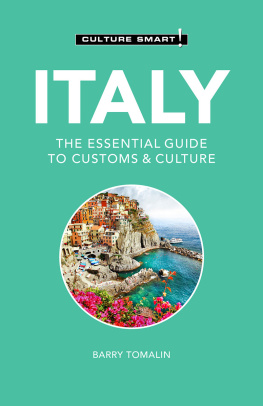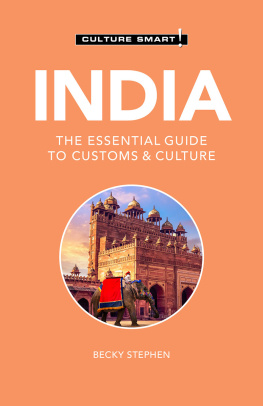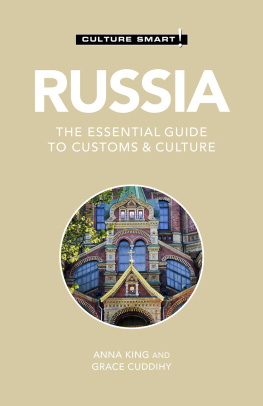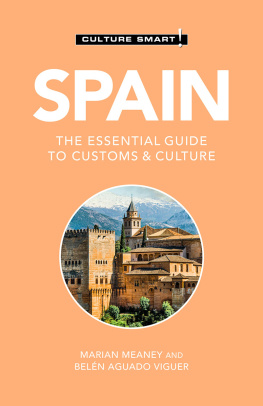introduction
The French are different. Youll often hear this in conversations among the Anglo-Saxons, as the French like to call English-speakers. Different means charming, challenging, uncooperative, questioning, and doing things in their own way and to their own advantage.
So what makes them so distinctive? And how do you get through to them? What is obvious is that the French have a keen sense of national identity, which comes from their history and their language. France was a considerable colonial power, with interests around the world. French was the language of international diplomacy from the seventeenth to the nineteenth centuries. The French Revolution changed the course of history. Above all, France sees herself as one of the foremost contributors to civilized lifethrough her cuisine, her monuments, her authors, artists, composers, scientists, explorers, and mathematicians. No list of world literature can be compiled without French names in it, and few other countries contain such regional richness, both cultural and physical. Frances continuing cultural influence is due largely to her consistent attempt to dominate the intellectual high ground, reflecting an insistence on logical thought, and a love of philosophical speculation.
France punches above her weight in world affairs, and carefully guards her interests and prestige, often in opposition to world opinion. Yet the French are constantly asking what it means to be French, even while asserting their difference from and essential superiority to all other nations.
For many foreigners, the essence of Frenchness is their commitment to their quality of life. To be French means knowing instinctively where work ends and pleasure begins, and never allowing the one to take over the other. Indeed, the idea that the French may become workaholics inspires deep dismay among sympathetic observers.
By looking at the attitudes and values of the French, and explaining how French life and business works, Culture Smart! France shows you how to fit in as a foreigner. It gives practical advice on how to avoid the pitfalls and how to do things the French way, and to get results as you do so. It takes you through French history, festivals and traditions, the French at home, on the road, in the restaurant, and at work. The French in love we leave to your imagination! Above all, we show you how the French communicate, and how to get the best out of this utterly frustrating yet totally charming and brilliant people.
Key Facts
| Official Name | Rpublique Franaise. France is a full member of NATO and of the European Union, and one of the five permanent members of the UN security council. |
| Capital City | Paris. Population, 9.8 million. |
| Main Cities | Lyon, Marseille, Lille, Toulouse, Bordeaux. |
| Area | 210,026 sq. miles (543,965 sq. km.) |
| Climate | Temperate, varying with terrain, to Mediterranean in the south. |
| Currency | Euro. The Franc was replaced by the Euro on January 1, 2002. |
| Population | 59 million |
| Ethnic Makeup | 86 percent French, of Celtic and Latin descent. Basque minority in the southwest. 14 percent foreign (including other EU nationals and North African immigrants). |
| Language | French. Regional languages include Basque, Breton, Catalan, and Provenal. |
| Religion | Roman Catholic 90%
Muslim 5%
Protestant 2%
Jewish 1%
Other 2% |
| Government | A unitary republic with an elected President and an elected Prime Minister. Two houses of Parliament, the Assemble Nationale, and the Snat. France is a multiparty democracy. | Metropolitan France is divided into twenty-two regions, containing ninety departments. There are four overseas departments, two territorial collectivities, and four overseas territories. |
| Media | France has a number of state radio and television channels, supplemented by a variety of commercial channels. | Both a national and a regional press. The best-known newspapers are Le Monde, Le Figaro, and La France la Une. |
Media:
English Language | Le Monde carries a weekly English-language supplement from the New York Times. |
| Electricity | 110 volts or 220 volts. Two-prong adaptors are used. Adaptors needed for U.S. appliances. |
| Video/TV | SECAM system | NTSC TV does not work in France. |
| Internet Domain | .fr |
| Telephone | Frances country code is 33. To dial out of France, dial 00. |
chapter one
LAND & PEOPLE
Douce France
Cher pays de mon enfance.
Gentle France, dear country of my childhood. So sang the French crooner Charles Trenet in 1943. Sixty years on, and the gentle charms of France continue to enchant.


